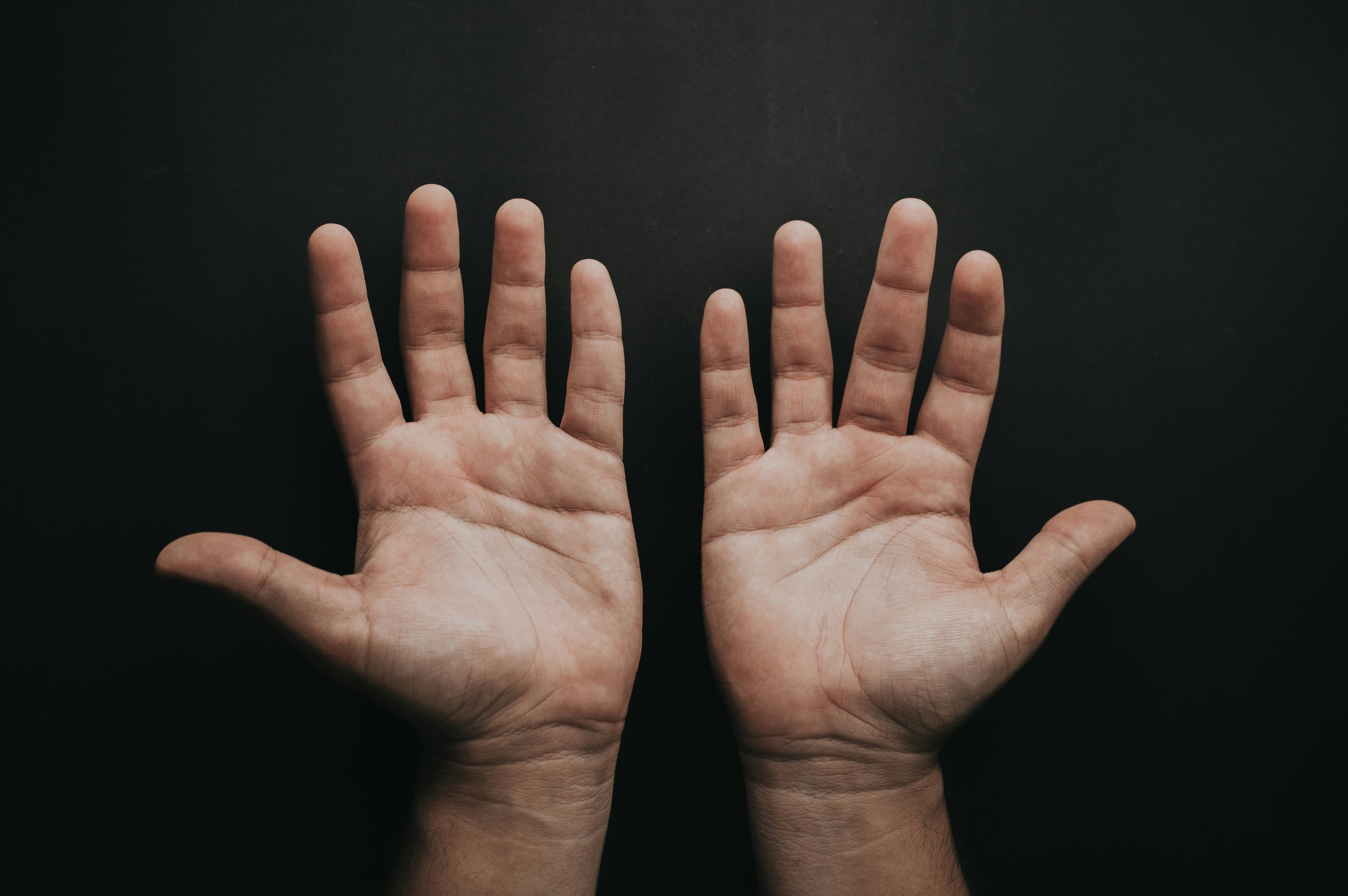A few tips for coping with cancer-related fatigue
People can experience cancer-related fatigue before, during and after treatments. This is different from typical tiredness. At times, your arms and legs might feel heavy, making it hard to move. It may be challenging to even get out of bed. Cancer-related fatigue can take a toll mentally, too, sometimes leading to depression and other emotional distress.
Dr. Touré Barksdale, a Mayo Clinic cancer rehabilitation and palliative medicine specialist, gives advice on how to cope with cancer-related fatigue.
Ask anyone experiencing cancer fatigue, and they will tell you it’s horrendous. It can feel like your body is working overtime, and you’re super exhausted. It’s the type of tiredness that won’t go away if you rest a bit.
“It’s different from the normal tiredness we typically have, as it’s more intense. It’s not easily relieved with rest, and it can greatly impact how you’re feeling and doing,” Barksdale said.
There are several factors that contribute to cancer-related fatigue, he added, including chemotherapy, radiation, anemia, emotional factors and the cancer itself.
“And then preexisting comorbidities, such as anxiety, depression, fatigue and sleep apnea, can also play a role in cancer-related fatigue, as well,” Barksdale explained.
Treatments vary from person to person, but they can consist of physical therapy, energy conservation, psychostimulants and holistic methods.
Staying active helps
“Yoga, tai chi, Reiki therapy, integrative medicine techniques” can all help alleviate tiredness, according to Barksdale.
It’s a good idea to prioritize your schedule and do only the important things. Also, ask for help when needed. Contact your health care team if you’re suffering from cancer-related fatigue. Mayo Clinic also has a cancer rehabilitation program to help survivors get back on their feet.
Tips to manage cancer fatigue:
• Stick with a routine.
• Increase physical activity.
• Make a good night’s sleep a priority.
• Set daily goals.
• Take rest breaks.


